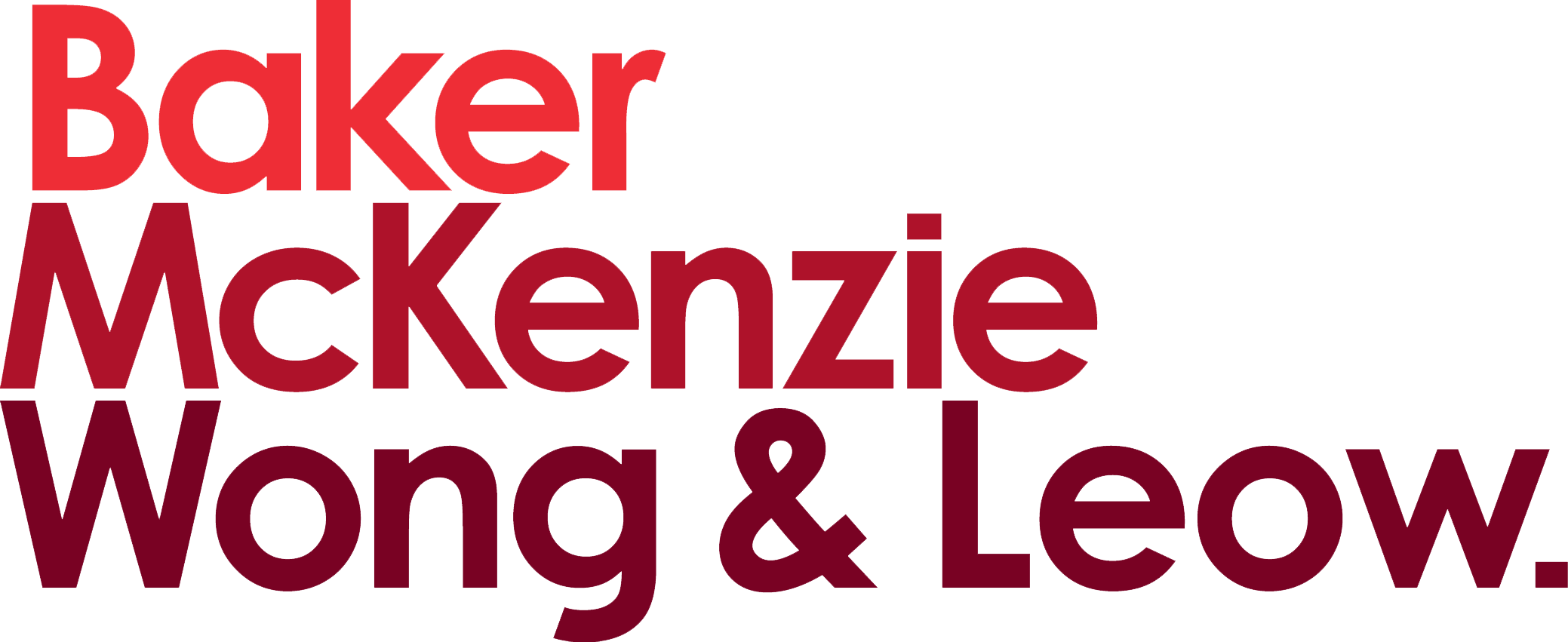In brief
The Singapore Food Agency (SFA) is seeking feedback for its proposed amendments to the Food Regulations. The proposed amendments delete a majority of the standards of identity currently contained in Regulations 39 to 260 of the Food Regulations, save where they have to be retained in the interest of food safety or to support public health-related policies. The proposed changes are expected to come into effect in April 2022.
Recommended actions
The consultation period is open until 5 pm on 20 August 2021.
Interested stakeholders may email their feedback in the form of Annex II of the proposal here to cheng_chee_seng@sfa.gov.sg.
In more detail
On 21 June 2021, the SFA published its proposed amendments to the Food Regulations for comments. The proposed amendments delete the standards of identity contained in Regulations 39 to 260 of the Food Regulations, save where they have to be retained in the interest of food safety or to support public health-related policies. A list of the proposed standards of identity to be retained or deleted is provided in Annex I of the proposal found here. The proposed changes are expected to come into effect in April 2022.
Once the changes come into force, food products imported, manufactured and supplied in Singapore must continue adhering to the standards of identity that are retained in the updated Food Regulations. For existing standards that have been deleted, industry players may refer to the Singapore Standards or other international standards such as those stipulated by the Codex Alimentarius Commission for guidance.
The SFA emphasizes that the proposed deletion of the standards of identity does not compromise food safety as all food products that are imported, manufactured or sold in Singapore must still adhere to the relevant food safety and product labelling regulations that remain in place.
However, the SFA envisages that the proposed deletion of the standards of identity may likely cause confusion as to the applicability of certain food additive regulations to particular food products. In light of this, the SFA has announced plans to develop a new system for categorising food based on the Codex General Standard for Food Additives (CODEX STAN 192-1995) to accompany the deletion of the standards of identity. This new food category system will stipulate different categories of food products and describe the types of food falling under each category, thus making it easier for the food industry to determine the types of food additives that may or may not be added to particular food products.
The above amendments aim to promote trade and encourage food innovation in Singapore, while continuing to standardise and control the quality of all food products.
Details of the above-proposed amendments may be accessed here.
*****

Baker McKenzie Wong & Leow is a member firm of Baker & McKenzie International, a global law firm with member law firms around the world. In accordance with the common terminology used in professional service organizations, reference to a “partner” means a person who is a partner or equivalent in such a law firm. Similarly, reference to an “office” means an office of any such law firm. This may qualify as “Attorney Advertising” requiring notice in some jurisdictions. Prior results do not guarantee a similar outcome.



